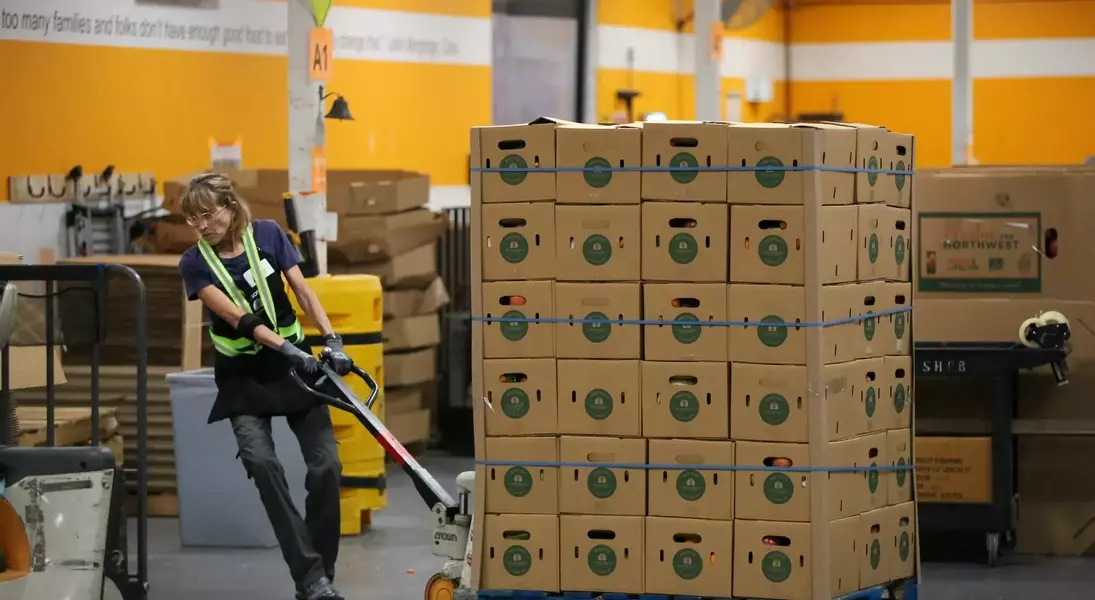



Amidst the potential reduction of federal assistance programs, communities across California are bracing for an increased reliance on local food banks. With the end of pandemic-era support measures, organizations like Second Harvest and the Alameda County Community Food Bank anticipate a surge in demand. These entities currently serve hundreds of thousands of individuals monthly, highlighting the growing issue of food insecurity in affluent regions such as Silicon Valley. Executive director Regi Young emphasizes that many affected families already belong to the working class but struggle financially due to high living costs.
As discussions around SNAP benefit cuts gain momentum, leaders warn of significant repercussions. The program, known variously as CalFresh or EBT, provides essential monetary aid through reloadable debit cards usable at grocery stores and markets. Eligibility extends to those earning up to 200% of the federal poverty level, equating to approximately $64,300 annually for a family of four in California. Advocates argue that diminishing this critical resource could severely impact vulnerable populations, including students, seniors, and disabled individuals.
Regi Young voiced concerns during a recent press conference in San José, questioning the rationale behind dismantling one of the nation's most effective hunger relief initiatives. He pointed out that redirecting funds toward tax cuts for wealthier citizens might exacerbate existing inequalities. Beyond aiding those in need, SNAP benefits contribute positively to local economies by generating nearly double their value in economic activity. This perspective was echoed by Allison Goodwin, president of Redwood Empire Food Bank, who noted how these funds circulate back into retail and agricultural sectors.
Local officials estimate that proposed reductions equate to losing roughly 9.5 billion meals annually—far exceeding what the entire U.S. charitable food system can provide yearly. Caitlin Sly, representing the Food Bank of Contra Costa and Solano, recalled past crises where governmental intervention proved crucial. However, she lamented the current administration's role in creating rather than resolving challenges related to food security.
Maintaining SNAP benefits goes beyond preventing hunger; it ensures dignity and stability for countless families. As Bacho articulated, ensuring access to fundamental human rights remains imperative in a nation capable of greater progress. Leaders urge policymakers to reconsider decisions that may disproportionately affect marginalized communities while undermining broader societal welfare.
